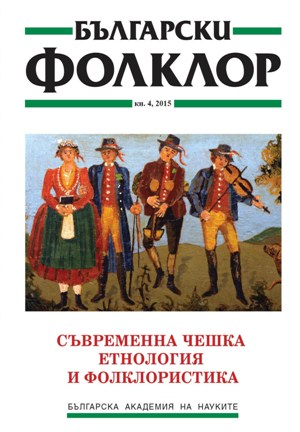
We kindly inform you that, as long as the subject affiliation of our 300.000+ articles is in progress, you might get unsufficient or no results on your third level or second level search. In this case, please broaden your search criteria.

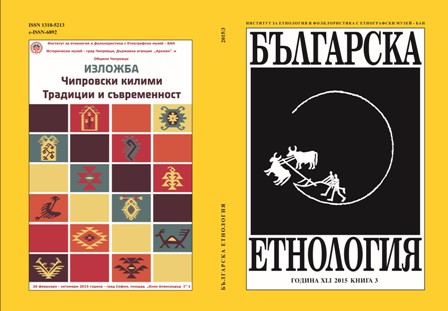
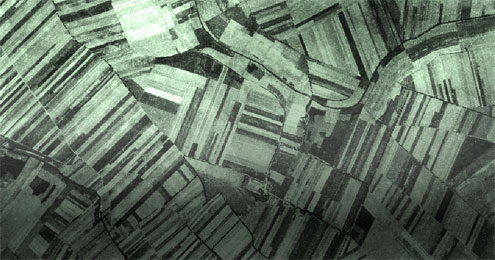
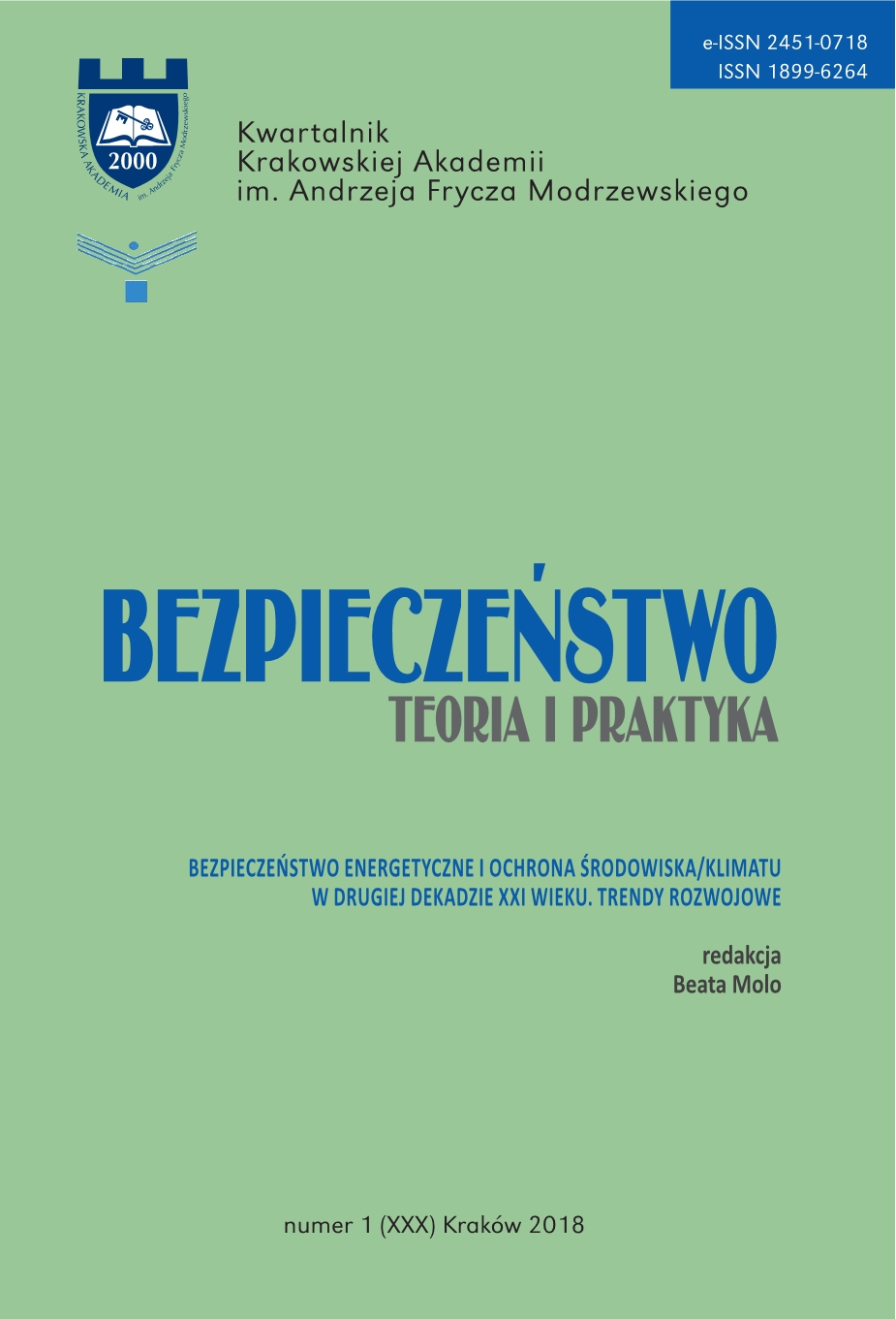
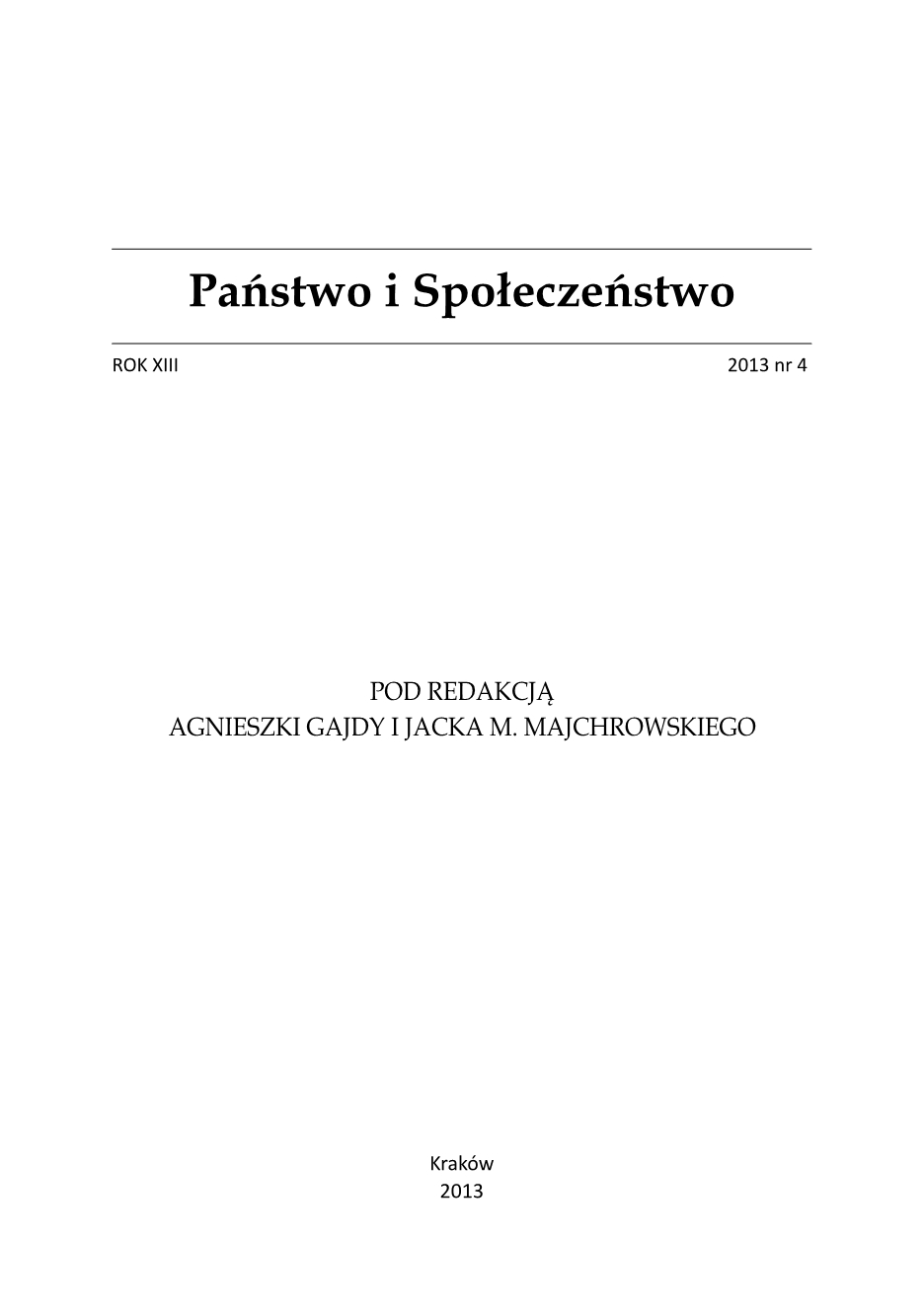
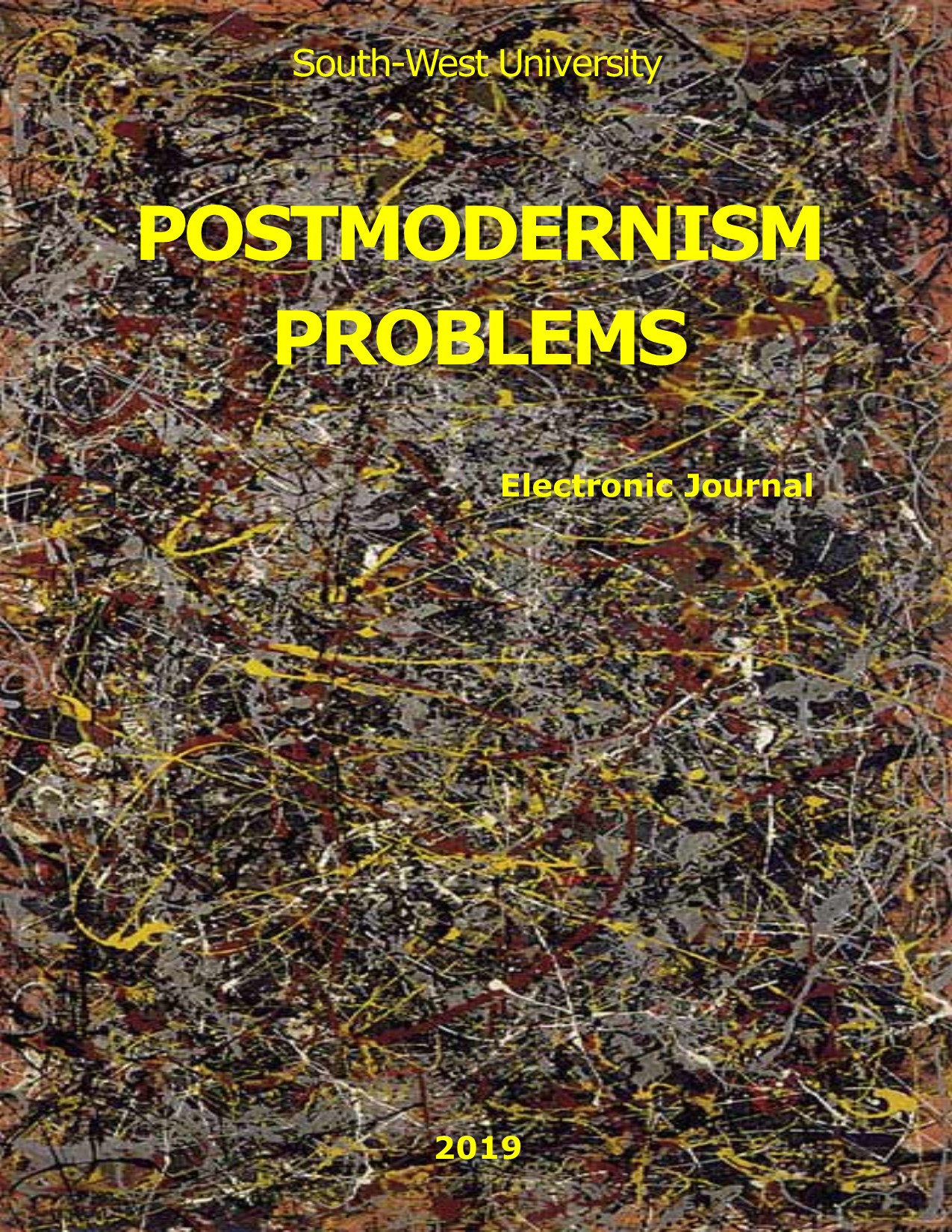
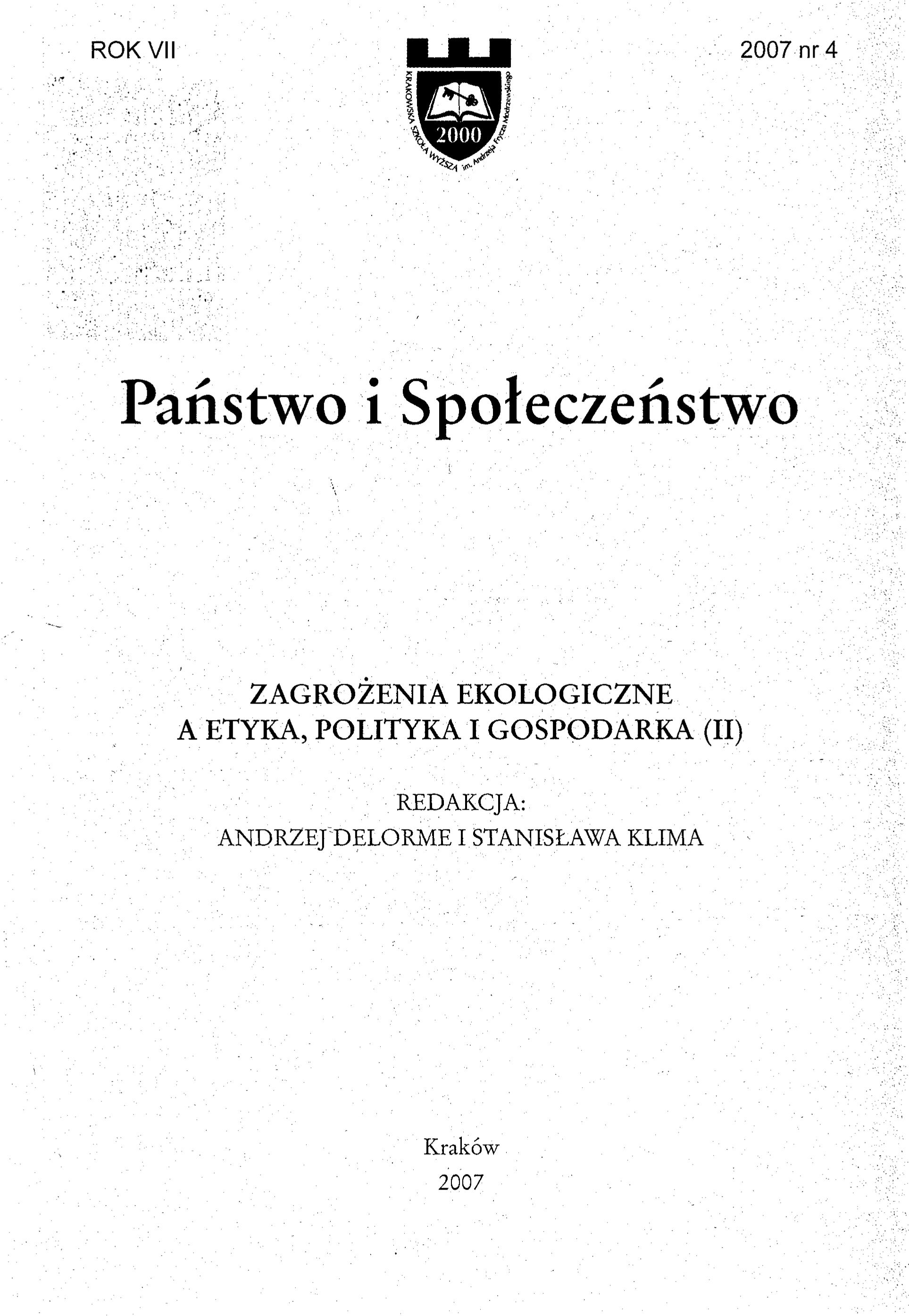
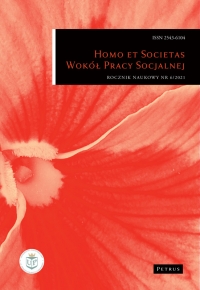
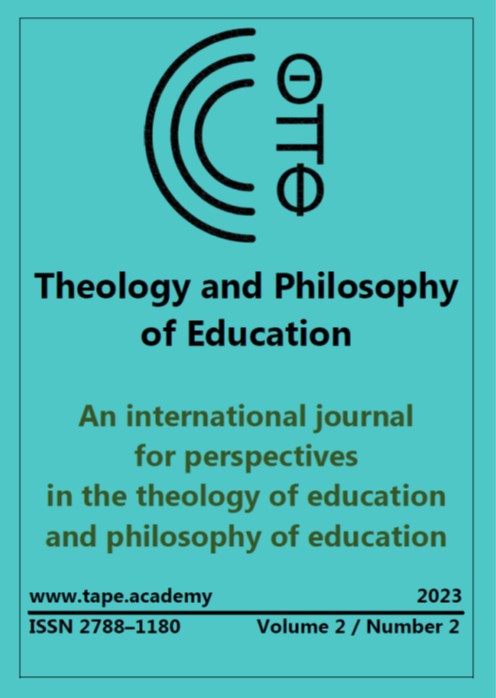
This text, titled The Responsibility of Educators, is the editorial of the second issue of the second volume of the journal Theology and Philosophy of Education.
More...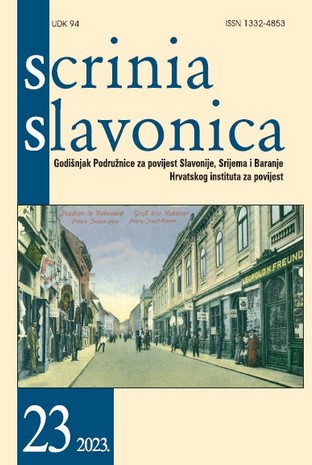
U časopisu Scrinia Slavonica dosad su u dva navrata bili prevođeni hi-storiografski radovi koji su za djelokrug časopisa relevantni kao teorijsko-metodološki prilozi, odnosno općenita razmatranja određenih područja povijesnog istraživanja. Takve rasprave o temeljnim i načelnim pitanjima korisne su, a njihovi uvidi i rezultati potencijalno primjenjivi i u tekućim ili budućim istraživanjima povijesti istočne Hrvatske. U prvom svesku časopisa (2001) objavljen je rad francuskog povjesničara Pierrea Gouberta “Lokalna povijest”, a u sedmom svesku (2007) mali tematski blok o mikrohistoriji kao historiografskoj metodi, s radom američkog povjesničara Edwarda Muira “Opažanje sitnica” i radom talijanskog povjesničara Giovannija Levija “O mikrohistoriji”.
More...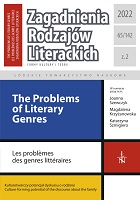
Eva-Sabine Zehelein we wprowadzeniu do publikacji Family in Crisis? stwierdza: Rodziny, we wszystkich swoich wielobarwnych odsłonach i stylach życia — jedno- i wielopokoleniowe, z hetero-, homo- lub transseksualnymi dorosłymi/rodzicami — są fundamentalnymi i niezbywalnymi elementami życia i aktywności społecznej. […] Rodziny są więc idealnym pryzmatem, przez który można obserwować najważniejsze współczesne zjawiska, zarówno narodowe, jak i międzynarodowe czy ponadnarodowe, ba, nawet zjawiska globalne, ich wzajemne powiązania i kryzysy, i poddawać je pod dyskusję. Wierzymy, że badanie problematyki rodzinnej wymaga perspektywy interdyscyplinarnej i ujęcia przekrojowego. Takie przedsięwzięcie może wydawać się kontrowersyjne, ma jednak zasadnicze znaczenie dla kształtowania przyszłości naszych społeczeństw. (Zehelein 2020: 9, przeł. A.Z.)
More...
This editorial outlines the current state of familological studies in Poland, with particular focus on cultural, literary and gender studies. Being a complex research subject, the need for an interdisciplinary approach to the family in its many forms and models needs emphasising. The ongoing debate on the family model in Poland, including political discourse, builds the context for scientific familological studies across all disciplines. The changes proposed by the Polish Ministry of Education and Science, i.e., establishing a new field of study called ‘family studies’ is testament to the significance of the subject. However, it also forces one to reflect upon the temptation to politicise familological discourse in Poland. The editorial also reviews certain texts included in this issue of “Zagadnienia Rodzajów Literackich” [“The Problems of Literary Genres”], which is devoted to family literature and includes articles on family-themed novels (sagas), (auto)biographical works, reportage, pathography, family relationships and their artistic representations. When analysing the submitted articles and overall contribution of this issue, this editorial also considers both the reasons behind the predominance of women in familological studies and the issues that have been overlooked or insufficiently researched. The analysis implies that more attention should be devoted to the problems of non-heteronormative families and those that escape conventional definitions based on non-biological or interspecies relationships.
More...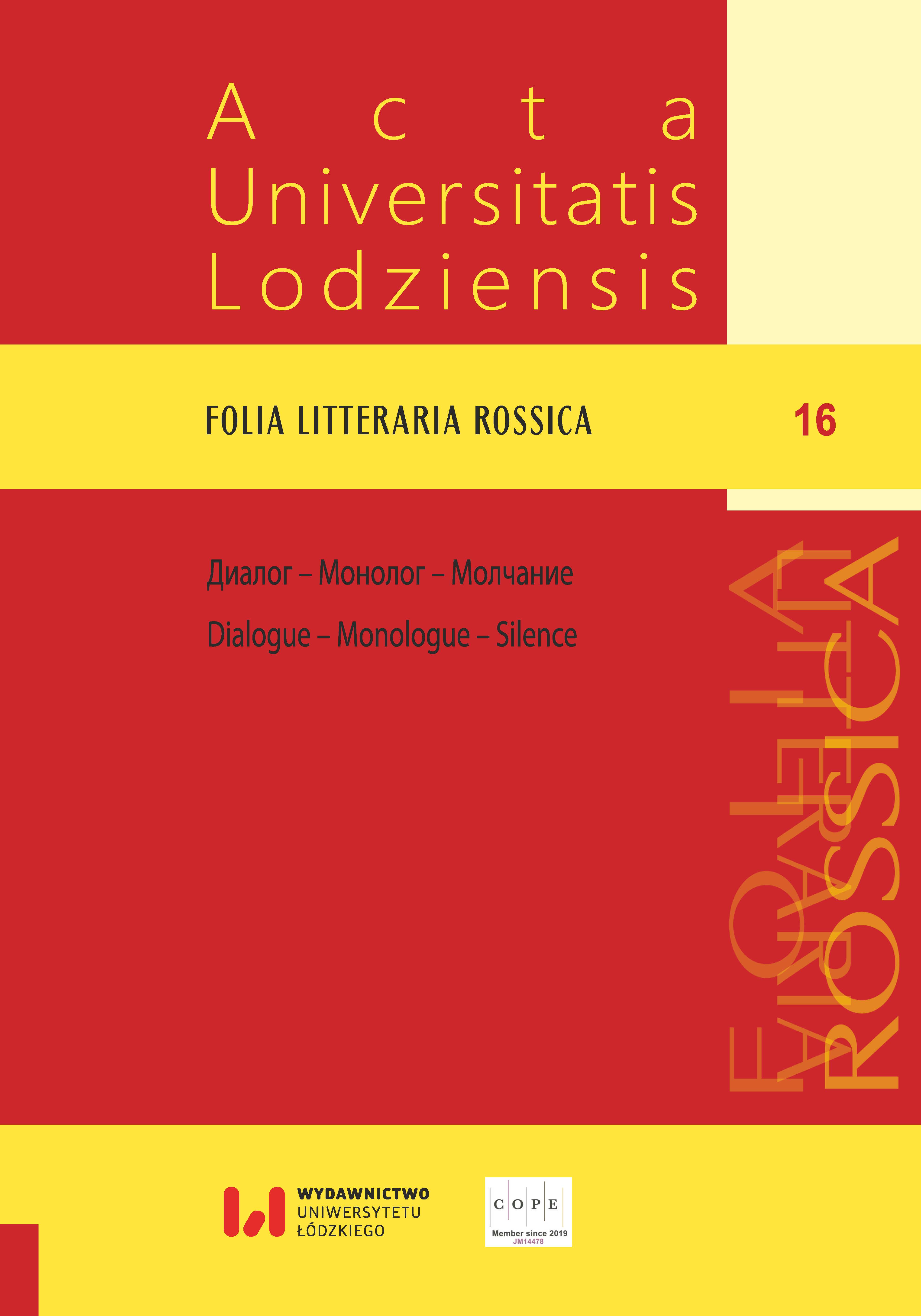
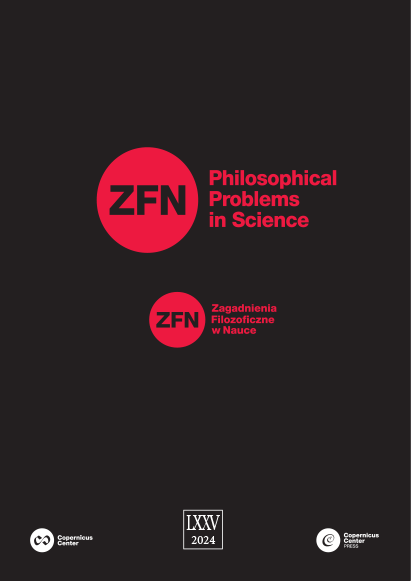
The founding motto of philosophy in science is “tracking down big philosophical problems in contemporary science.” Knowing the basic history of philosophy and the history of science, we more or less know what “big philosophical topics” mean. The most representative topics of this kind include: time, space, causality, matter, life, consciousness, thinking... The tables of contents of philosophy textbooks could be copied to continue this list. These topics are big not only when they remain at a high level of generality, but also when they get down to special cases and particular sub-problems. Sometimes it is only then that they fully reveal their big format.
More...
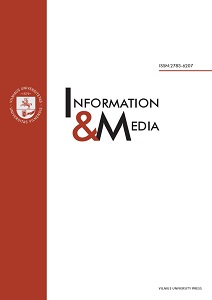
This paper provides an introduction to the special issue on gender studies. It surveys each paper and identifies commonalities and dissimilarities among them, as well as suggests the potential readership for the papers based on the problems addressed and the findings. Prof. Natalija Mažeikienė from Vytautas Magnus University served as the guest editor of the special issue.
More...
The process of modernity is a complex system in which social modernisation and cultural modernity are combined. This is related to the wide terminological use of the terms modernity, modernity and modernism and their multiplicative form. Since the 1980s, but more prominently after 2000, revisions of modernism have taken place in international academic discourse, in a number of different conceptions and theoretical approaches subsumed under the common label of new modernism. These concepts are oriented towards a critique of the previously accepted canon, redefining modernism and expanding it temporally and spatially (geographically). Current research on modernism in Slovak literature also shows that the new, analytical-revising approaches expand and complement the hitherto traditional image of this movement in Slovak literature. As part of the change in discourse, authors who were previously overlooked are being included in the source base and attention is being paid to works that have been bypassed. In addition, it is concerned with capturing patterns of how changed interpretive constellations alter the view of the relationship and interrelationships of such categories as traditional and modern, conservative and progressive, social and cultural, or urban and rural/natural.
More...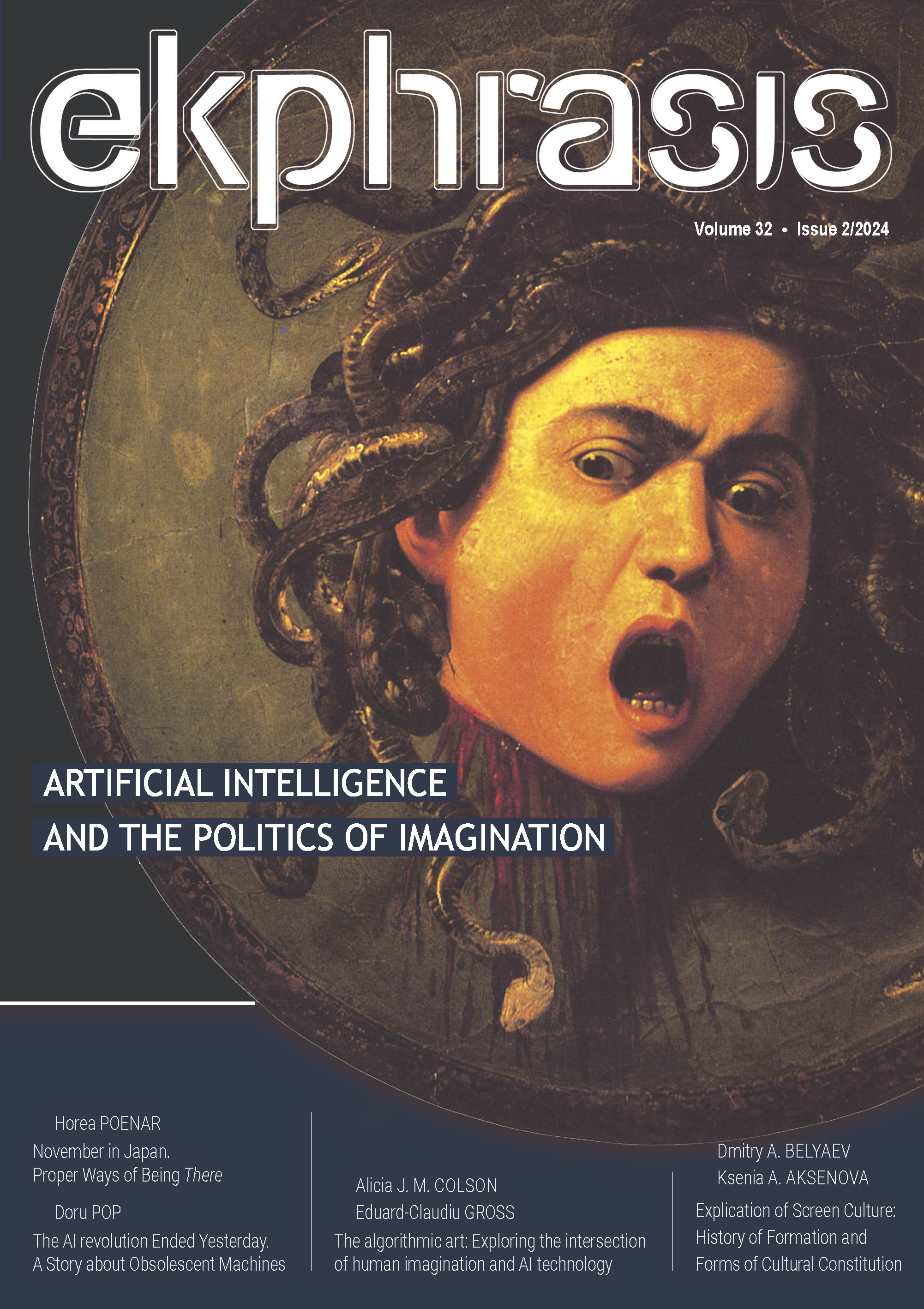

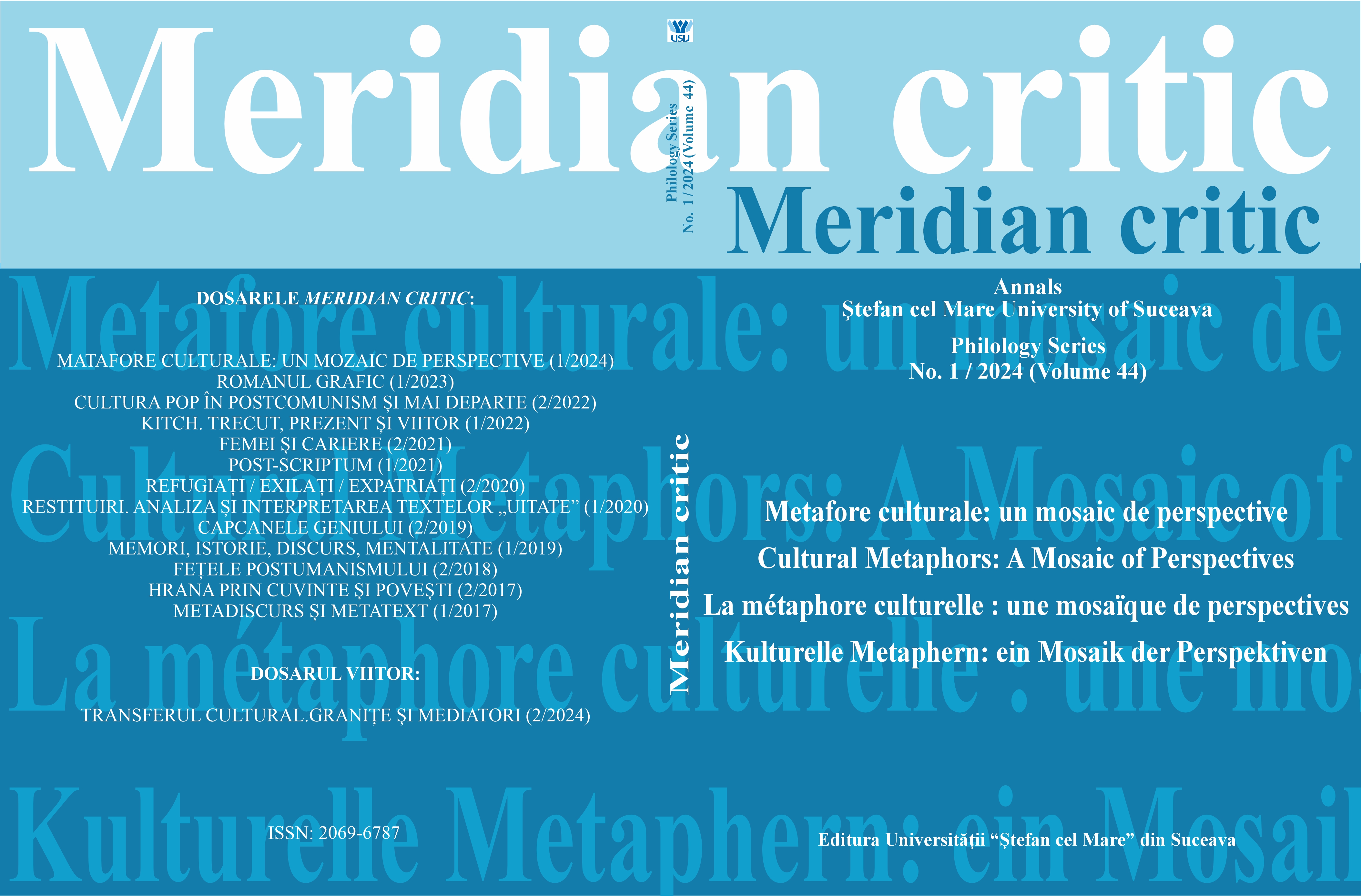
Although metaphors accompany us in all fields of activity, their pervasive presence can often make us overlook their significance. We may easily fail to recognize that metaphors presuppose a transfer of meaning and that they function as epistemological tools, assisting us in constructing, communicating, and expanding knowledge.
More...